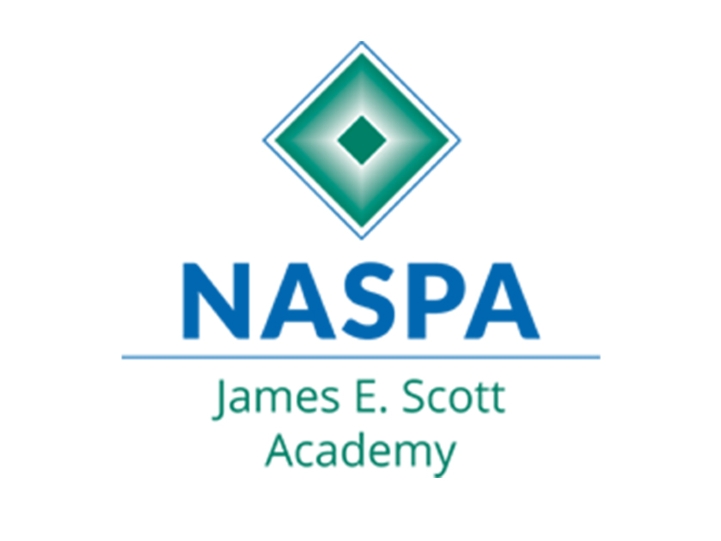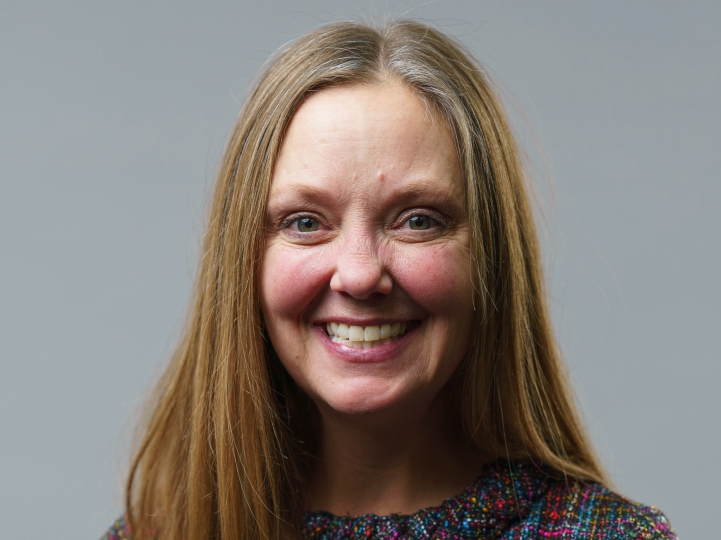
On Aging, Menopause, and When to Put a Fork in It
Health, Safety, and Well-being Supporting the Profession AVP or "Number Two" Senior Level VP for Student Affairs
February 29, 2024
“Your Professional Decline is Coming (Much) Sooner Than You Think (Brooks, 2019).” I sat with this article for weeks without reading it. Weeks turned into months. I kept going back to it as I didn’t land job after job. I couldn’t bring myself to read it, somewhat in denial of what I was facing.
After a semi-finalist interview, I was told a president was attempting to reduce the average age of the cabinet. I didn’t fit the youthfulness they were looking for. No need to apply.
I just turned 53. I don’t feel my age. At all. I feel easily in my early 40’s. It might be that the average age of the cabinet is mid 40’s so I’m surrounded by younger, hipper colleagues. It may be that I’m immersed in college aged students’ lives. I think I’m subconsciously and actively working against what is expected of a 50+ year old. Yet, my Insta is full of tips on how to deal with peri-menopausal hot flashes, belly bloat, night sweats, toenail fungus remedies, hair removal, hair thickening, how to perfect the perfect low bun, how to elongate my eyelashes, shapewear, and a few (hundred) other strategies my phone overheard me talking about at some point. Eye roll.
I made a mistake. I sent an email to two students who’d reached out to share their concerns about an event taking place on campus. It was 6:00 am, and I was getting ready to drive two hours to an academic affairs retreat. I responded and sent an almost-identical email to each of the students separately. The gist was that I was heading out of town but that I’d be home in the afternoon and invited each to sit down and talk through their concerns about the event on campus.
Backfire.
The content of the email didn’t matter. What mattered is that one of the students had a strong reaction to my decision to send a similar email to both. Intent vs. impact. The student came to my office that evening and shared the harm I’d caused with my (poor) decision. They shared that my generation was out of touch. They shared I shouldn’t be eligible to have this job anymore given my inability to communicate effectively. It was painful to hear. I listened and vowed to do better.
My daily routine has become incredibly interrupted with the physical changes my body is experiencing – perimenopause. I’m at a board meeting and can feel the heat radiating from the deepest core of my internal systems – until it escapes my skin and is visible to anyone around me. The faculty senate chair leans over and says “Are you ok? You’re bright red.” I am not ok. I am NOT ok. I am embarrassed, uncomfortable, mortified that this every-other-hour reality can be seen by others. Red face. Sweaty skin. Greasy hair. Distracted in the moment frantically trying to cool down in the middle of meetings. I joke about it because that appears to be a successful coping mechanism.
I see the world around me changing swiftly. I am resistant to some of it, secretly. I have a regular nagging voice inside my head begging not to be asked to learn or invest in yet another tech solution. The current ones barely work – or is it that I’m not adapting effectively? The dynamic changes of staff expectations and norms sometimes frustrates me.
I’m the last one I know with a push button on my home screen. I like the push button.
How will I know it’s time to put a fork in it? How will I know I’m no longer relevant or in tune with those I support and serve? Am I doing enough to pay attention and evolve with the times? Do the students (or staff) see any elements of cool? I’d like to think so. I know most of the Taylor Swift songs, doesn’t that count?
Are we talking about aging in the workplace? In the executive suite? I haven’t seen this as part of our national discussions. I don’t see us sharing strategies on aging as leaders, in public, as part of a multi-generational workplace. Yet we’re all facing it – it IS a common denominator. So, I’m embracing it. And I’m going to talk about it. I think we NEED to talk about it.
Here are my top tips from the past year:
-
Find a couple of colleagues who are navigating similar issues and form an informal group so you can share, strategize, and normalize your experiences. You are not alone.
-
Listen to your staff. Everyone is dealing with something and our ability to ensure they know they are supported in working through whatever it is, is important. My colleague Andrea and I start every meeting by checking in on our aches, pains, and ailments. It level sets what is important in self-care and well-being.
-
Reflect on your energy levels. I am still most effective in the morning hours and try to schedule my day recognizing that 4 pm isn’t the best time for an intense budget meeting.
-
Move. However, and wherever you can – prioritizing movement into my day is essential. If I can’t run or hike for now, I’ll bike. Stretch during lunch. I try to go to other’s offices for meetings so I’m not sitting in the same place hour after hour.
-
Go to your annual wellness check. Go to the dentist. Get your eyes checked. This stuff sneaks up.
-
Read and review. Once I started following Dr. Mary Claire’s Insta account, I started to do more research about what I was dealing with and how to better address my new world. And it took me down an unanticipated but supportive rabbit trail.
-
Get new headshots. Make sure they look like you today – not ten years ago. Remind yourself of the wisdom you’ve gathered over the years if the visual reality is too much to face.
-
Finally, what brings you joy? What are your hobbies? Are you paying attention to what feeds your heart and soul, besides your rewarding job? Check in on yourself and analyze whether you’re living a blended life.
Colleague, you’re not alone. Please don’t go through it alone. This work is hard enough; let’s find ways to ease the thing we’re all facing, albeit at different stages and phases. I am getting old(er). So are you. Let’s do this together.
--------
Reference
Brooks, Arthur C. "Your Professional Decline Is Coming (Much) Sooner Than You Think: Here's How to Make the Most of It." The Atlantic (July 2019).

Leslie Webb serves as the vice provost for student success & campus life at the University of Montana and is a member of the NASPA James E. Scott Academy Board.